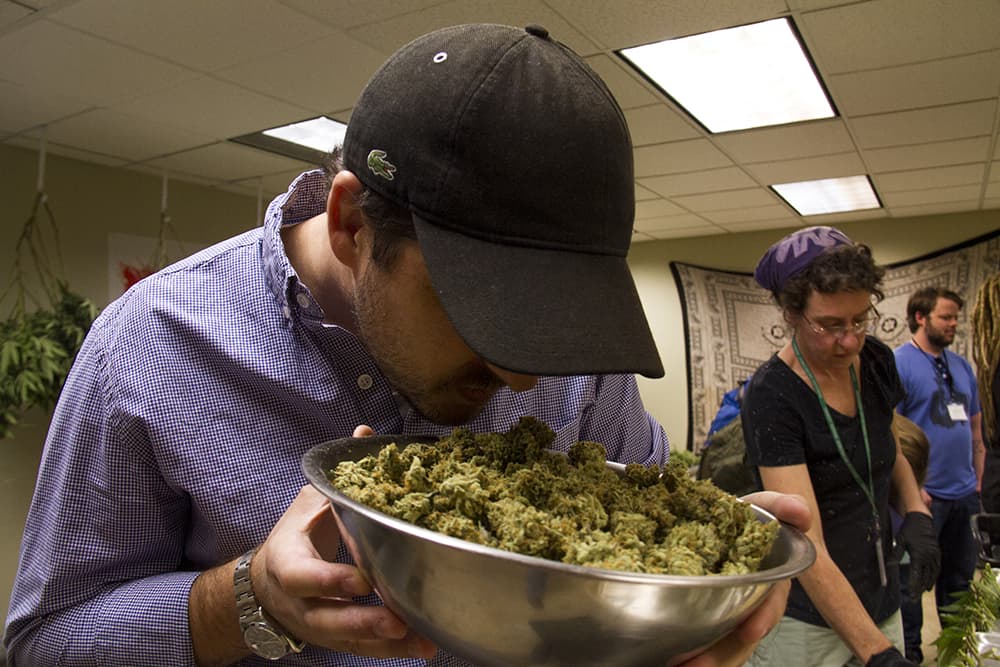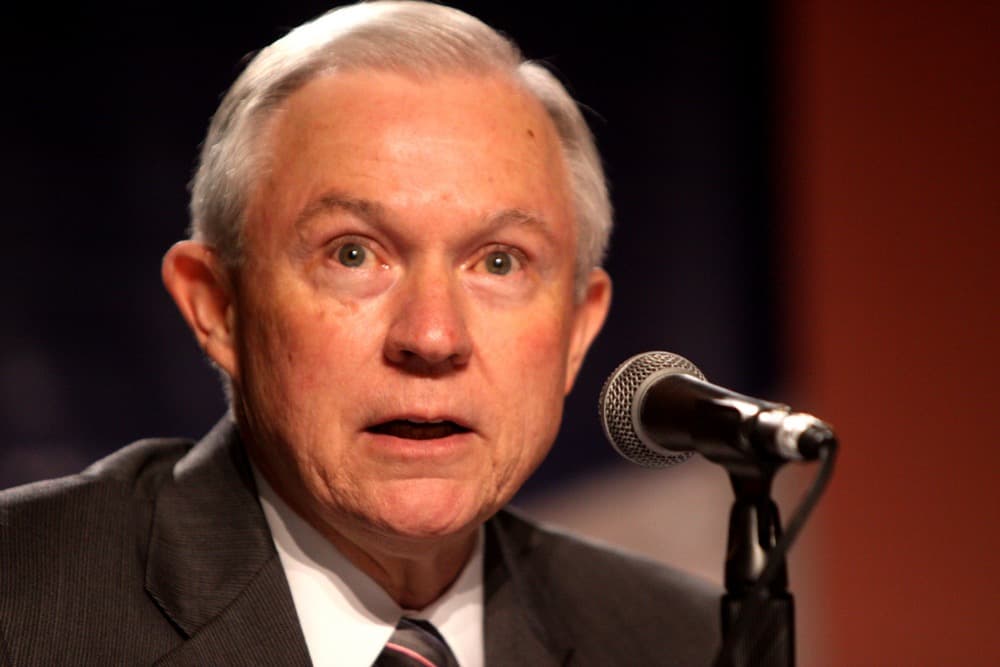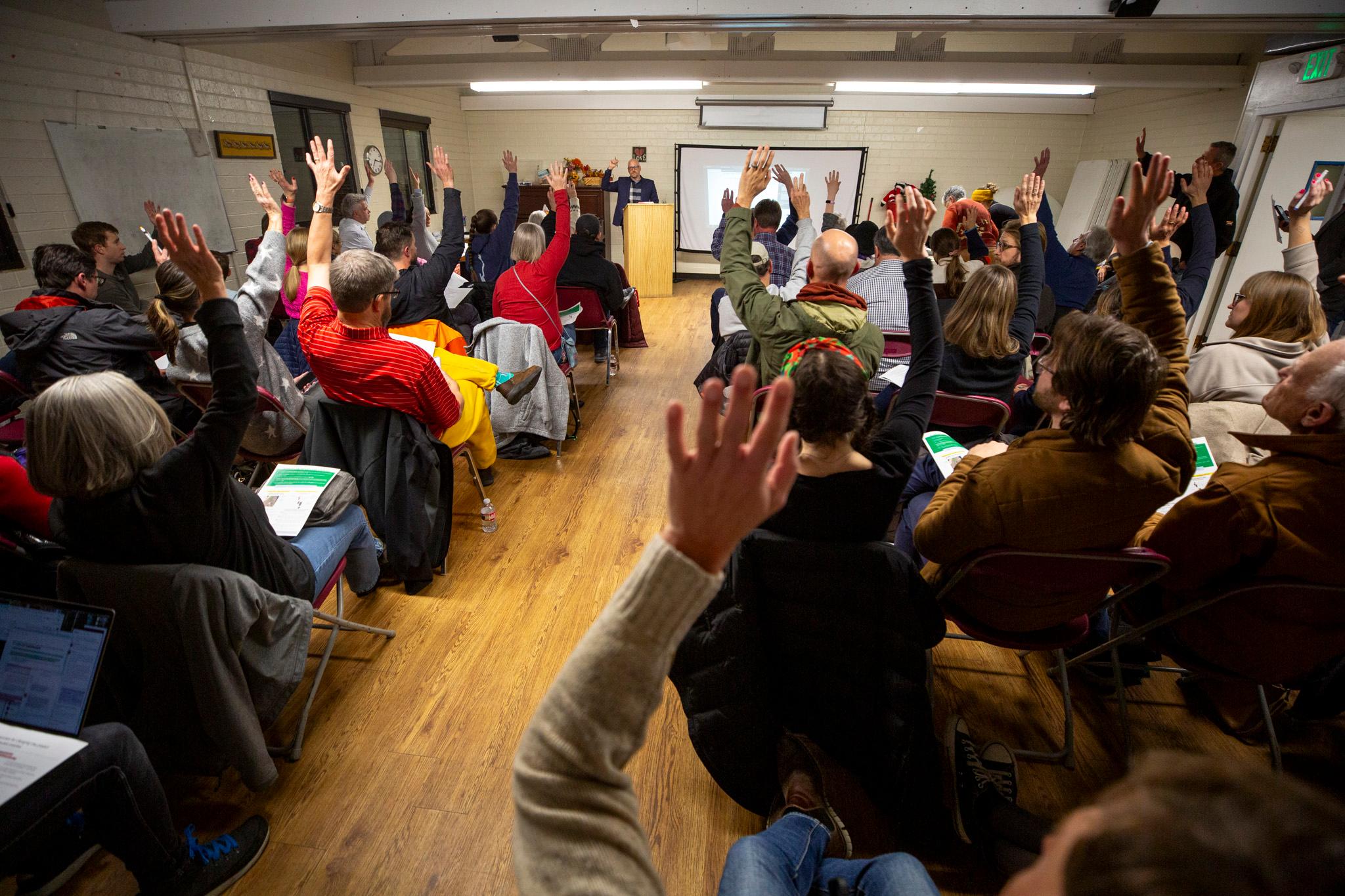
It took a few hours, but members of the Senate Judiciary Committee finally asked Donald Trump's attorney general nominee Alabama Sen. Jeff Sessions about his views on legal marijuana. Sessions, whose confirmation hearing started Tuesday, is a long-time opponent of legal marijuana.
A lot of people seem to be interpreting his answers as a softening of his previous views, and in some ways they are, as Sessions has long been a hardliner on pot. Nonetheless, Sessions made a point of highlighting marijuana's status under federal law -- it's still not legal -- and said the attorney general's job is to enforce the law, not make the law.
Three takeaways from Sessions' comments:
- If Congress wants marijuana to be legal, Sessions thinks Congress should legalize it.
- He does not support the death penalty for marijuana offenders.
- Sessions says the attorney general's job is to enforce the law as effectively as possible.
In his opening remarks, Sessions talked about the importance of prosecuting drug cases. There are any number of ways a Sessions Justice Department could make things difficult on Colorado's marijuana industry, from stricter regulations to straight-up raiding pot shops.
Under the Obama administration, the Justice Department has maintained a set of guidelines that establish enforcement priorities, like underage use and trafficking across state lines. Businesses that comply with their own state laws generally are left alone.
Sessions has been critical of that approach as a senator, but he acknowledged Tuesday that there is a conflict between states' rights and marijuana policy.
“I know it won’t be an easy decision,” he said, of how to deal with the 29 states that have some form of legal marijuana, according to the New York Times.

The marijuana news site Leafly captured several important exchanges during the hearing.
Sen. Mike Lee, a Utah Republican, asked Sessions about how the Obama administration's approach fit with his understanding of federalism.
Did the way the Obama administration handled marijuana legalization sit well with you, in terms of both federalism and the separation of powers? (Lee asked.) Did the DOJ’s decision to not prosecute cannabis sellers and consumers in legalized states “contravene the understanding that Congress is the lawmaking body?”
Sessions responds: “One obvious concern is that Congress has made the possession of marijuana in every state an illegal act. If that is not desired any longer, Congress should pass a law to change it. It’s not the attorney general’s job to decide which laws to enforce. We should enforce the laws as effectively as we are able.”
Vermont Sen. Patrick Leahy, a Democrat, asked Sessions about past comments he made about harsh punishment for marijuana.
Leahy: “In the past you have called for the death penalty for second-time marijuana offenders.”
Sessions: “That doesn’t sound like something I’d normally say.”
Leahy: “Would you say that’s not your view today?”
Sessions: “That is not my view today.”
Here is Sessions back in 2015 questioning Obama's attorney general Loretta Lynch about whether she supports legalizing marijuana. She said she did not, and then Sessions discussed his concerns about the administration's lack of enforcement of marijuana laws.
"There has been a lot of silence there. ... I hope you will cease to be silent. If the law enforcement officers don't do this, I don't know who will," he said then, from his position on the Senate Judiciary Committee.












